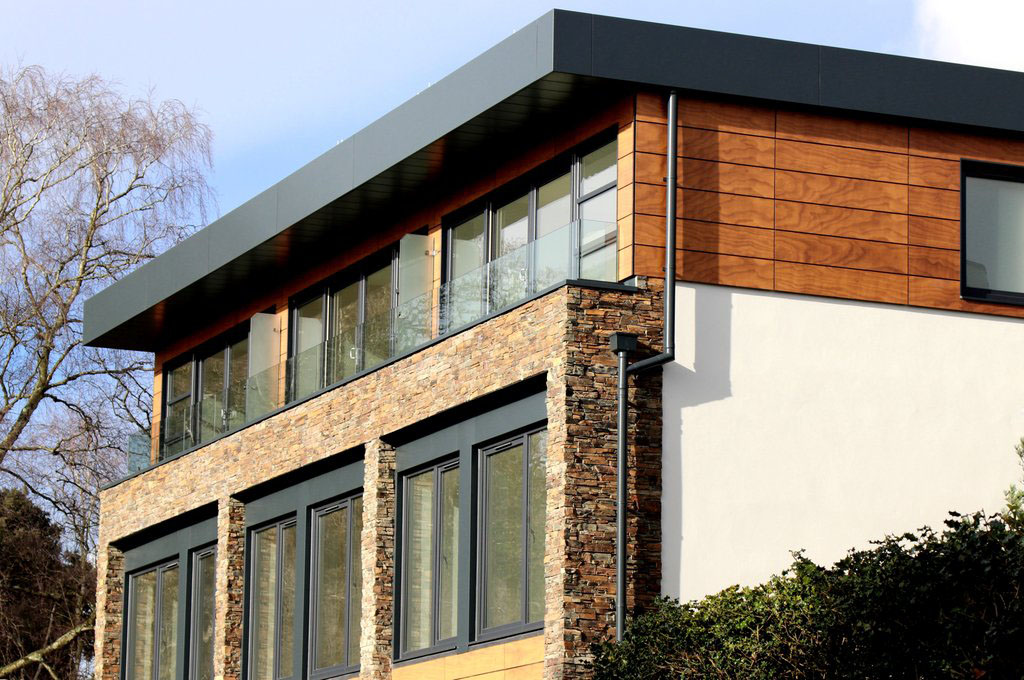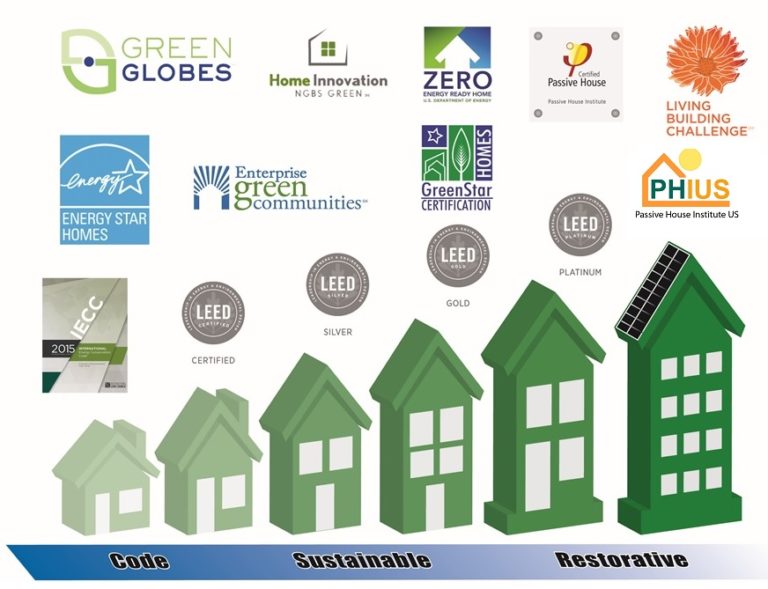How Does Architecture Promote The Use Of Sustainable Building Certifications And Ratings?

Are you interested in sustainable building practices? If so, you may have heard of sustainable building certifications, and you might be wondering what they are and why they matter. In this post, we'll take a closer look at the world of sustainable building certifications and explain why they are important for the future of sustainable building practices.
Types of Sustainable Building Certifications
There are many different types of sustainable building certifications, and each one has slightly different requirements and focuses. Some of the most well-known certifications include:
LEED certification:
LEED, or Leadership in Energy and Environmental Design certification, is one of the most widely recognized sustainable building certifications. It was developed by the U.S. Green Building Council and focuses on energy and water efficiency, indoor air quality, and other factors that contribute to sustainable building practices.
BREEAM certification:
BREEAM, or Building Research Establishment Environmental Assessment Methodology certification, is a certification program developed in the UK that focuses on sustainable building practices. It takes a holistic approach to sustainability, considering factors such as energy efficiency, transportation options, and ecological impact.
Living Building Challenge certification:
The Living Building Challenge certification is considered one of the most rigorous sustainable building certifications, with a focus on creating buildings that are regenerative and restorative. This certification considers factors such as materials selection, site design, and energy usage to help create truly sustainable buildings.
Other certifications:
There are many other certifications available, including the Green Star certification from the Green Building Council of Australia, the WELL Building Standard from the International WELL Building Institute, and the Passivhaus certification from the Passivhaus Institut in Germany.
Why Sustainable Building Certifications Matter
Now that you have a better understanding of the types of sustainable building certifications available, you might be wondering why they matter. Here are just a few reasons why sustainable building certifications are important:
1. They help promote sustainable building practices:
By providing a framework for sustainable building practices, certifications help to promote and encourage sustainable building practices. This can lead to more sustainable buildings being constructed and a reduction in the environmental impact of construction projects.
2. They demonstrate a commitment to sustainability:
Building certifications demonstrate a commitment to sustainability and can be seen as a badge of honor for organizations that value sustainable building practices. This can help to attract customers, partners, and investors who also value sustainability.
3. They can lead to cost savings:
Many sustainable building practices, such as energy-efficient lighting and HVAC systems, can lead to cost savings over time. By implementing these practices and achieving certification, building owners can save money on energy costs and other operating expenses.
4. They can improve indoor air quality:
Many sustainable building certifications require a focus on indoor air quality and ventilation systems. By improving indoor air quality, building owners can create a healthier and more productive environment for their occupants.
FAQ
Q: How much does it cost to achieve a sustainable building certification?
A: The cost of achieving a sustainable building certification can vary widely depending on the size and type of building, the certification being pursued, and other factors. However, the cost is often outweighed by the long-term benefits of sustainable building practices.
Q: Are sustainable building certifications only relevant for new construction?
A: No, sustainable building certifications can be pursued for both new construction and existing buildings. In fact, there are certifications specifically designed for existing buildings, such as the LEED for Existing Buildings certification.
Q: Do sustainable building certifications only focus on environmental sustainability?
A: No, many sustainable building certifications also focus on social sustainability, such as creating healthy and productive indoor environments and promoting sustainable transportation options.
Q: Are sustainable building certifications recognized internationally?
A: Yes, many sustainable building certifications are recognized internationally and can be pursued in countries around the world.
Q: What is the process for achieving a sustainable building certification?
A: The process for achieving a sustainable building certification can vary depending on the certification being pursued. However, it typically involves submitting documentation and undergoing an audit to demonstrate compliance with the certification requirements.
Wrapping Up
As you can see, sustainable building certifications are an important part of the future of sustainable building practices. Whether you're a building owner, designer, or occupant, there are many reasons to pursue sustainable building certifications, from cost savings to improved indoor air quality to a commitment to sustainability. So if you're interested in sustainable building practices, consider exploring the world of sustainable building certifications and finding the right certification for your project or building.




Post a Comment for "How Does Architecture Promote The Use Of Sustainable Building Certifications And Ratings?"